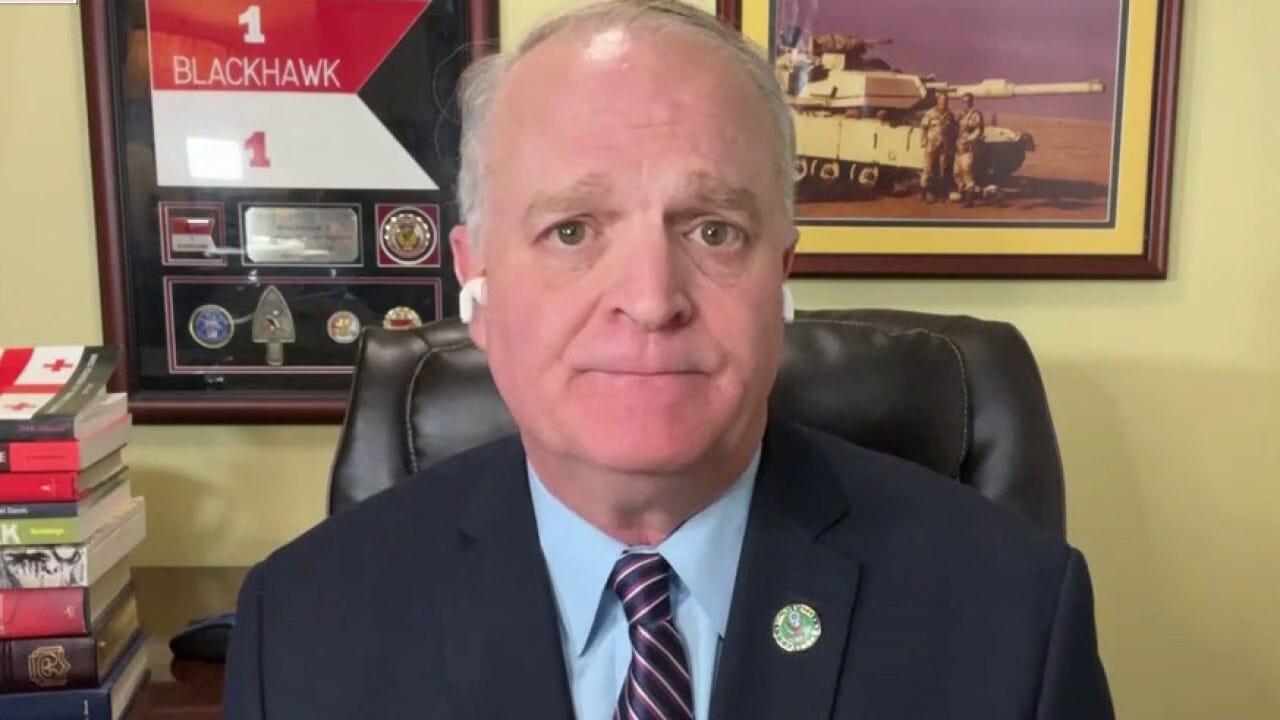UPDATE: Controversial Intelligence Pick Dropped
Retired Army Lt. Col. Daniel Davis had been slated as a top deputy to Tulsi Gabbard at ODNI

The Trump administration has reportedly pulled Director of National Intelligence Tulsi Gabbard’s pick of a retired Army officer to be one…



